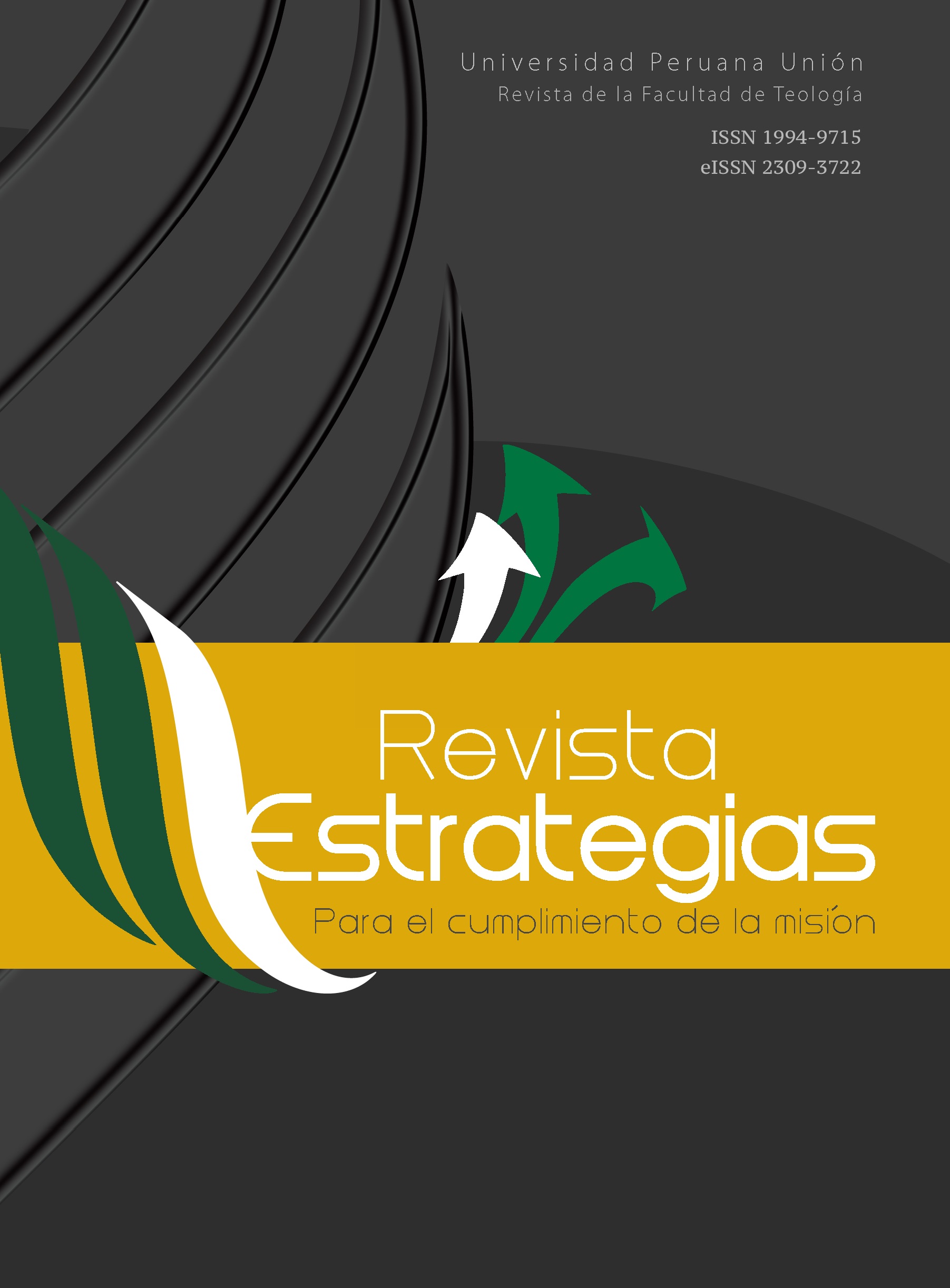Analysis of מְשׁוּבָה and Its Importance on the Moral and Spiritual Understanding of the Nation according to the Book of Jeremiah
DOI:
https://doi.org/10.17162/recm.v20i2.1715Keywords:
apostasy, to return, covenant, moral degradationAbstract
The idea of apostasy gets an important value since it refers to the spiritual situation of the nation. This destructive situation leads the people to lose the relationship with God. Thus, the wordplay return/apostate found in the book is based on the use of the Hebrew root שׁוּב and it provides valuable information con understand the continual pleading from God. This divine act looks for a better life perspective for the human being and it serves as a warning toward a change for the nation. This divine pleading occurs because of the moral degradation of the nation, which looks only for their own interests making the covenant terms be forgotten leading the nation toward ruin. Therefore, it is pertinent and important this study and it answers the following questions: What theological relevance has מְשׁוּבָה on the understanding of apostasy phenomenon? How the people responded to the continual pleading from God? What is the intention of Jeremiah by using מְשׁוּבָה?
Downloads
Published
How to Cite
Issue
Section
License

Este obra está bajo una licencia de Creative Commons Reconocimiento 4.0 Internacional.
Política propuesta para revistas de acceso abierto
Los autores/as que publiquen en esta revista aceptan las siguientes condiciones:
- Los autores/as conservan los derechos de autor y ceden a la revista el derecho de la primera publicación, con el trabajo registrado con la licencia de atribución de Creative Commons, que permite a terceros utilizar lo publicado siempre que mencionen la autoría del trabajo y a la primera publicación en esta revista.
- Los autores/as pueden realizar otros acuerdos contractuales independientes y adicionales para la distribución no exclusiva de la versión del artículo publicado en esta revista (p. ej., incluirlo en un repositorio institucional o publicarlo en un libro) siempre que indiquen claramente que el trabajo se publicó por primera vez en esta revista.
- Se permite y recomienda a los autores/as a publicar su trabajo en Internet (por ejemplo en páginas institucionales o personales) antes y durante el proceso de revisión y publicación, ya que puede conducir a intercambios productivos y a una mayor y más rápida difusión del trabajo publicado (vea The Effect of Open Access)
![<!-- Google tag (gtag.js) --> <script async src="https://www.googletagmanager.com/gtag/js?id=G-QLLTWNF80N"></script> <script> window.dataLayer = window.dataLayer || []; function gtag(){dataLayer.push(arguments);} gtag('js', new Date()); gtag('config', 'G-QLLTWNF80N'); </script>](https://revistas.upeu.edu.pe/public/journals/4/pageHeaderLogoImage_es_ES.png)


